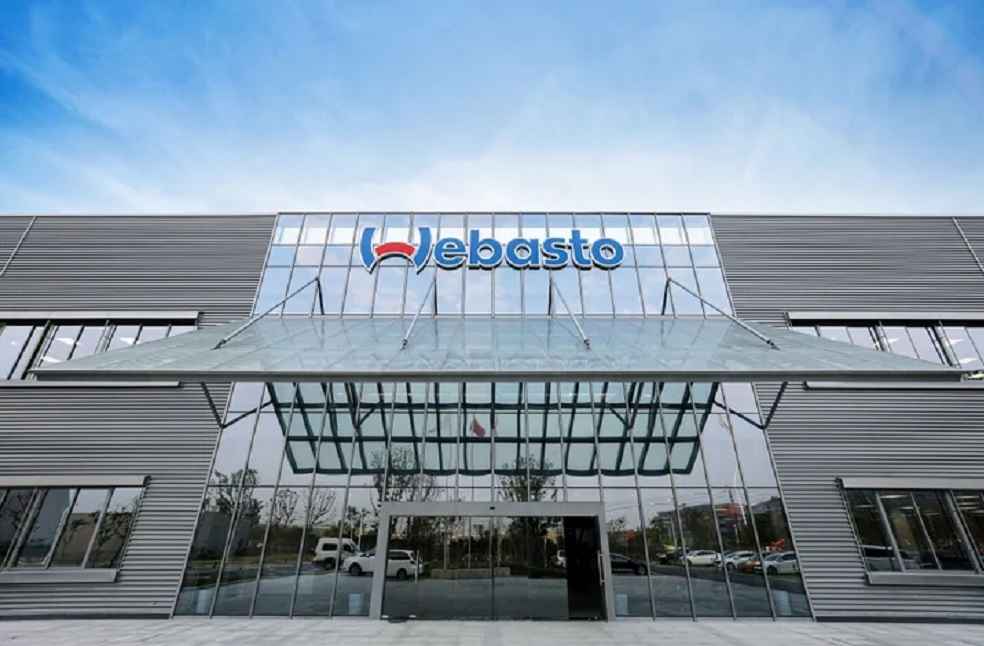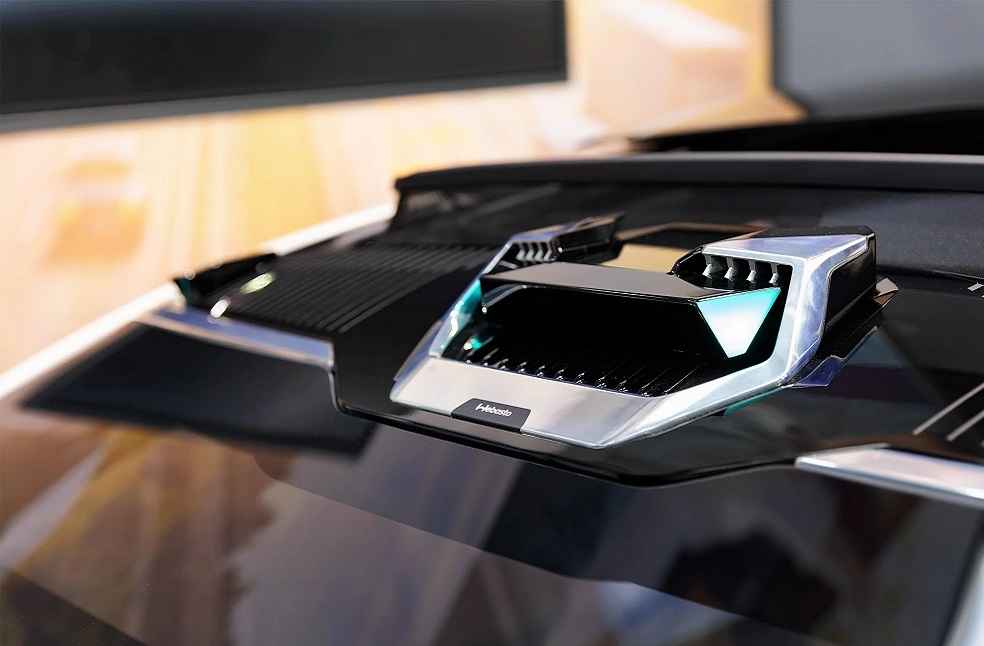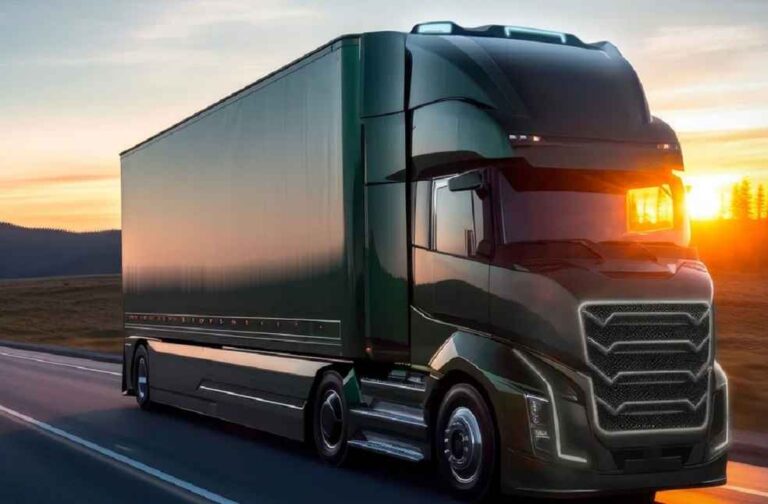Webasto has taken a significant leap in autonomous driving technology, expanding its innovative Roof Sensor Module (RSM) beyond passenger cars to encompass robot taxis and autonomous trucks.
Having solidified its position as a leader with its RSM for passenger vehicles, Webasto now caters to the expanding autonomous vehicle market, marking a strategic enhancement for the top 100 automotive suppliers. This move broadens its portfolio to support diverse autonomous transport solutions.
Comprehensive Sensor Integration
Webasto’s RSM incorporates multiple sensor technologies—cameras, radar, and lidar—into a single roof module, providing comprehensive environmental detection capabilities vital for the safe and efficient operation of autonomous vehicles. A project secured with a US-based robot taxi manufacturer underscores Webasto’s ability to deliver advanced sensor modules for cutting-edge autonomous applications.

Autonomous Trucks: The Next Frontier
Thomas Schütt, head of the business unit at Webasto, emphasizes the heightened challenges in developing sensor modules for autonomous trucks. ‘The next big step in this field of development will be autonomous trucks. Here, the requirements for sensor integration in terms of vibration, environmental detection, and runtime are even more demanding and we can make optimum use of our expertise from the passenger car sector,” he explains.
Webasto’s compact sensor strip integrates various sensors and functionalities, ensuring reliable signal transmission and environmental data processing. This advancement represents a strategic expansion of Webasto’s product portfolio, now covering sensor modules for passenger cars, robot taxis, people movers, and autonomous trucks.
Cutting-Edge Sensor Technologies
Maintaining detection system functionality under all conditions remains paramount. Webasto addresses this with innovative cleaning and thermal management systems, including functions for cleaning, de-icing, defogging, and sensor cooling. These systems ensure sensor availability across diverse weather conditions. Custom solutions tailored to client needs combine various sensors in the RSM, achieving both visual appeal and functionality.

“With this expansion of our portfolio, we are once again demonstrating our commitment to actively shaping the future of autonomous driving. After all, this will change the way we get around even more drastically than electromobility. We offer our customers tailor-made solutions in both areas and support them from concept to industrialization,” concludes Schütt.
Global Implications
Webasto’s advancements in autonomous driving technology reflect a global trend toward smarter, more efficient transportation systems. By expanding RSM technology to include robot taxis and autonomous trucks, Webasto positions itself at the forefront of a transportation revolution promising enhanced safety, efficiency, and sustainability worldwide.
NEW LAUNCH | Xpeng G6 Debuts in Singapore with Exciting Pop-up Showroom





